Stress and Short Tempers: Schools Struggle with Behavior as Students Return
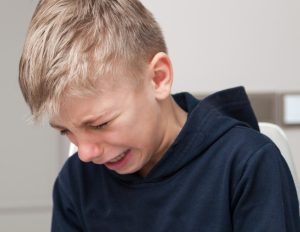 A month into school, Chicago social worker Alyssa Rodriguez says she underestimated the challenge ahead. Student behavior referrals are up, as middle schoolers hurt each others’ feelings with comments they’d usually only be bold enough to say online.
A month into school, Chicago social worker Alyssa Rodriguez says she underestimated the challenge ahead. Student behavior referrals are up, as middle schoolers hurt each others’ feelings with comments they’d usually only be bold enough to say online.
Schools across the country say they’re seeing an uptick in disruptive behaviors. Read more ›
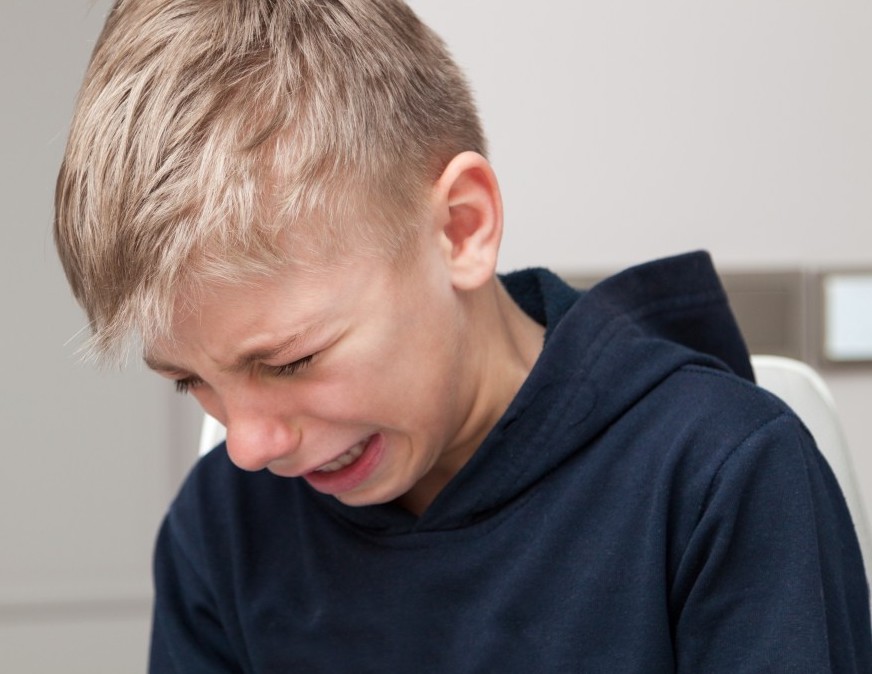
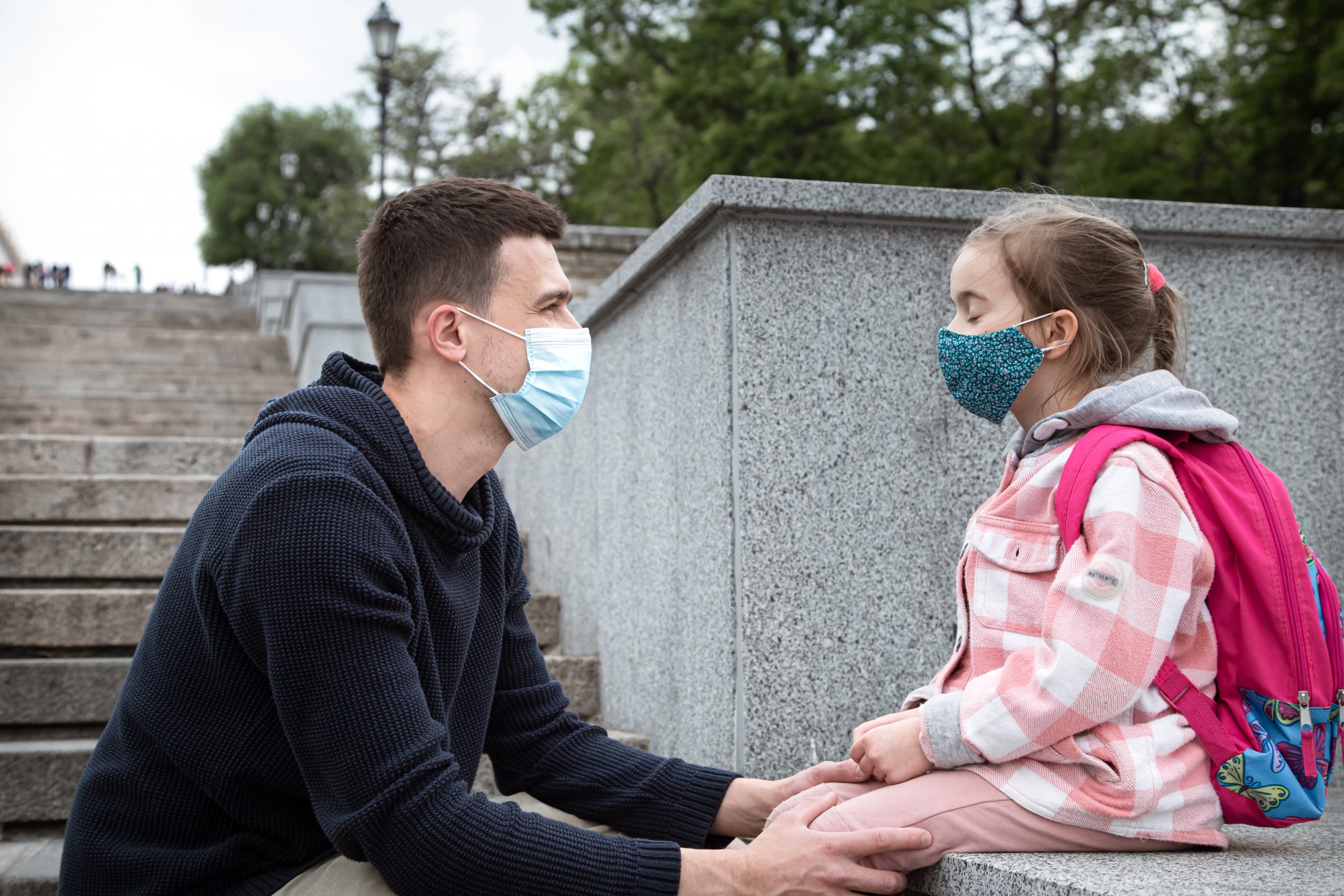
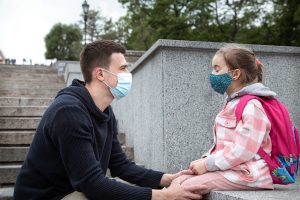 Returning to school as the pandemic stretches on may spark anxiety in young students, but there are approaches parents can use to build children’s resilience.
Returning to school as the pandemic stretches on may spark anxiety in young students, but there are approaches parents can use to build children’s resilience. 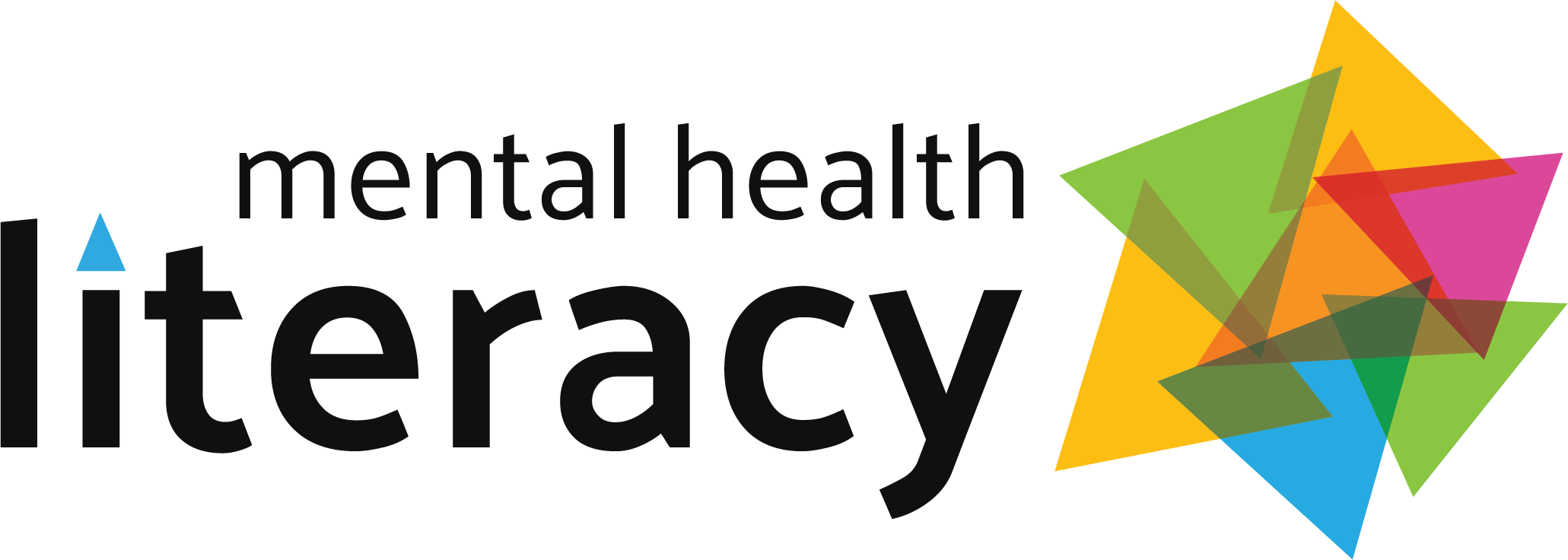

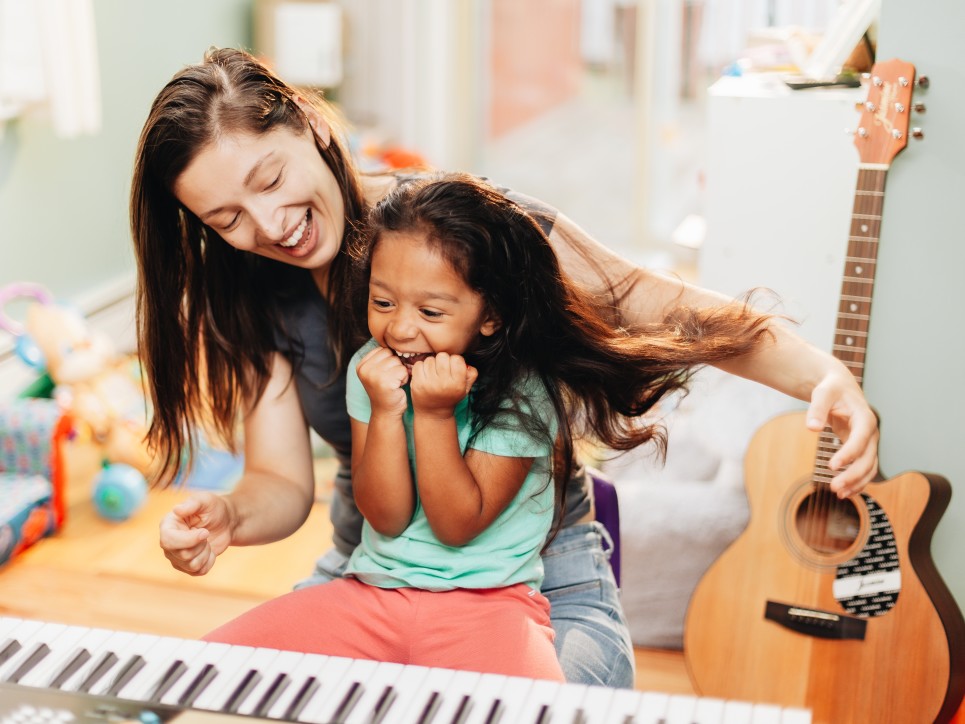
 Music classes can serve as a way to help students develop social-emotional learning skills, and activities that build these tools can be introduced into classrooms as early as preschool,
Music classes can serve as a way to help students develop social-emotional learning skills, and activities that build these tools can be introduced into classrooms as early as preschool, 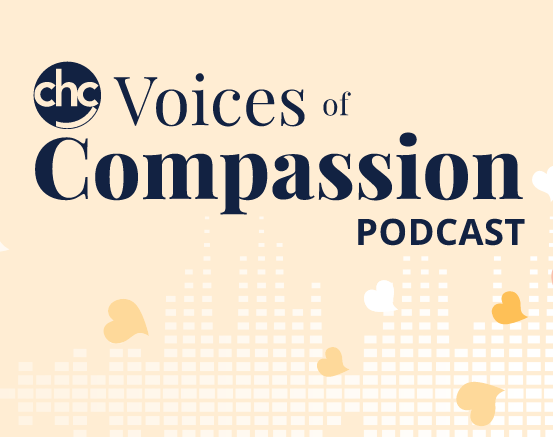

 Distance learning is hard, even for kids without emotional or behavioral challenges. Not to mention the strain on parents working remotely while trying to support their child’s at-home education. We sat down with behavioral expert
Distance learning is hard, even for kids without emotional or behavioral challenges. Not to mention the strain on parents working remotely while trying to support their child’s at-home education. We sat down with behavioral expert  Parenting a teen is filled with challenges and joys. In this podcast,
Parenting a teen is filled with challenges and joys. In this podcast, 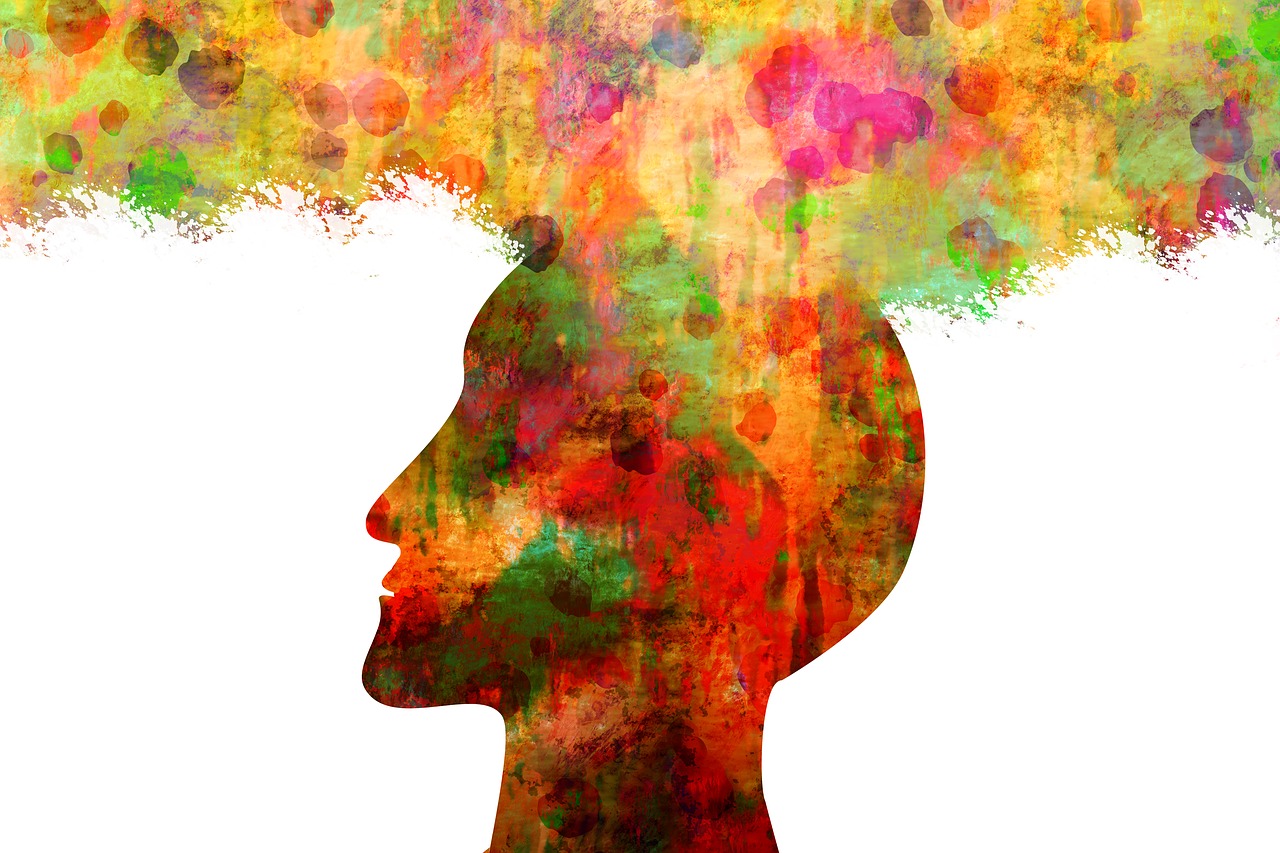
 Behavioral health involves many aspects of our daily lives. At its core, behavioral health represents our mental health, which includes our emotional, psychological, and social well-being. These modules are meant to provide the community with reliable information, tips, and resources for managing behavioral health concerns during (and following) the COVID-19 pandemic.
Behavioral health involves many aspects of our daily lives. At its core, behavioral health represents our mental health, which includes our emotional, psychological, and social well-being. These modules are meant to provide the community with reliable information, tips, and resources for managing behavioral health concerns during (and following) the COVID-19 pandemic. 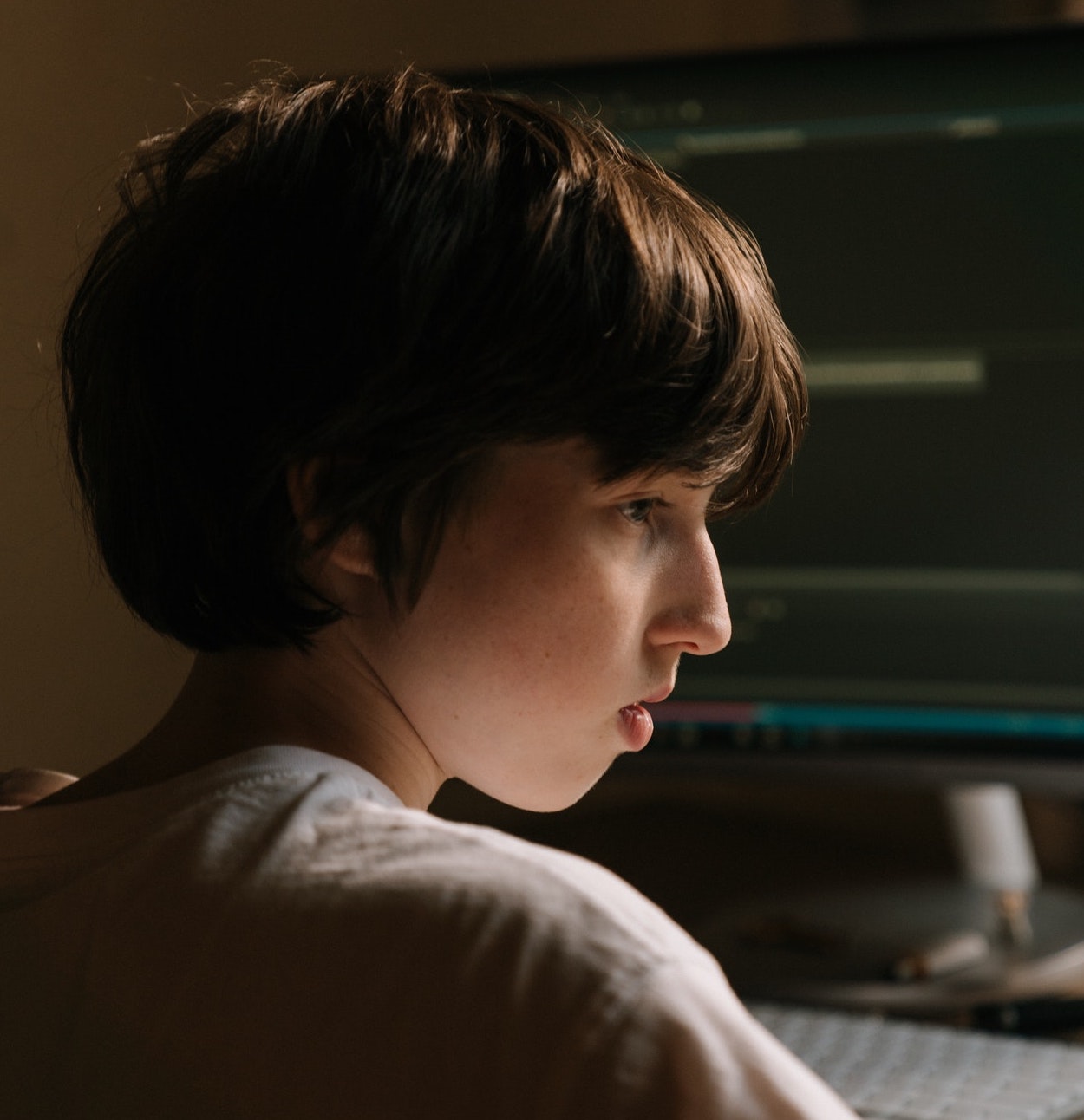
 Missing social contacts and altered routines, disturbed sleep and eating habits can be particularly intense for the kids with developmental challenges.
Missing social contacts and altered routines, disturbed sleep and eating habits can be particularly intense for the kids with developmental challenges. 

